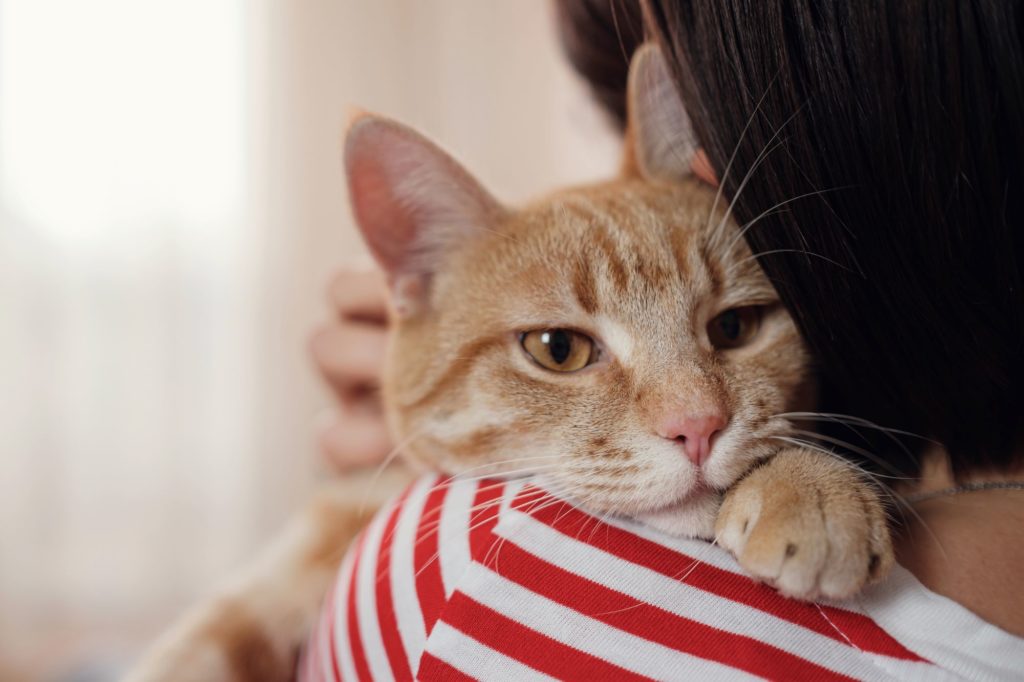The death of a pet can be an extremely heartbreaking experience. Pets are more than just animals—they are companions, family members, and sources of unconditional love and joy. When a pet passes away, the grief can be overwhelming and may even lead to depression. Acknowledging your grief is an important step on the path to healing.
Acknowledge Your Grief
Allow Yourself to Grieve
It’s important to give yourself permission to grieve. The bond you shared with your pet was unique and significant, and it’s natural to feel a profound sense of loss. Don’t rush the grieving process or feel pressured to “move on” quickly.
Recognize the Stages of Grief
Understanding the stages of grief—denial, anger, bargaining, depression, and acceptance—can help you navigate your emotions. Everyone experiences grief differently, and you may not go through these stages in a linear way. It’s okay to feel a mix of emotions as you process your loss.
Journal
For some, journaling can be a helpful way to untangle and process the emotions surrounding grief. Take the time to let yourself be open with this process and write down what you are feeling.

Seek Support
Talk About Your Feelings
Talk to friends, family members, your therapist, or a support group who understand the bond between humans and pets. They can offer comfort, empathy, and validation of your emotions.
Consider Professional Help
If your grief feels overwhelming or is leading to depression, consider seeking help from a mental health professional. Therapists and counselors can provide a safe environment to express your feelings and offer strategies to cope with your loss.
Memorialize Your Pet
Create a Tribute
Creating some sort of tribute or reminder of your pet can help provide closure. Consider making a memorial plaque, framing your favorite photo, or planting a tree in their memory. These activities and memories can be healing and provide a way to remember the joy your pet brought into your life.
Hold a Memorial Service
A memorial service can be a meaningful way to say goodbye and celebrate your pet’s life. Invite close friends and family to share stories or their favorite photos and offer words of remembrance. This can be a comforting time that brings a sense of peace.
Take Care of Yourself
Maintain Routine and Self-Care
During times of grief, it’s important to maintain a routine and take care of your physical and mental health. Eat well, exercise, and get enough rest. Engage in activities that you enjoy and that bring you comfort, whether it’s reading, walking, or spending time with loved ones. If you are having trouble maintaining your routine on your own, don’t hesitate to reach out for help.
Be Patient with Yourself
Grieving takes time. Don’t put pressure on yourself to feel better after just a few days. Give yourself grace and space to fully feel your emotions. Sometimes, you can only take things one day at a time—and that’s okay.
Moving Forward
Remember the Love
In time, life will grow around your grief. The loss may hurt for a while, but remembering the positive memories and love you shared with your pet can bring comfort in the hardest times. Celebrate the special bond you had, and know it’s okay to feel a mix of sadness and gratitude.
Consider Adopting Another Pet (When Ready)
When you feel ready, consider the possibility of adopting another pet. This decision is deeply personal and should be made when you feel emotionally prepared. Another pet can never replace the one you’ve lost, but they can bring new joy and companionship in a way you may not expect.
Losing a pet is a profound loss that can lead to intense grief and depression. It’s important to acknowledge your feelings, seek support, and find ways to honor your pet’s memory. By taking care of yourself and allowing yourself to grieve, you can navigate this difficult time with compassion and eventually find a path to healing. It’s okay to grieve and to miss your pet, and it’s also okay to find joy and love again in time.